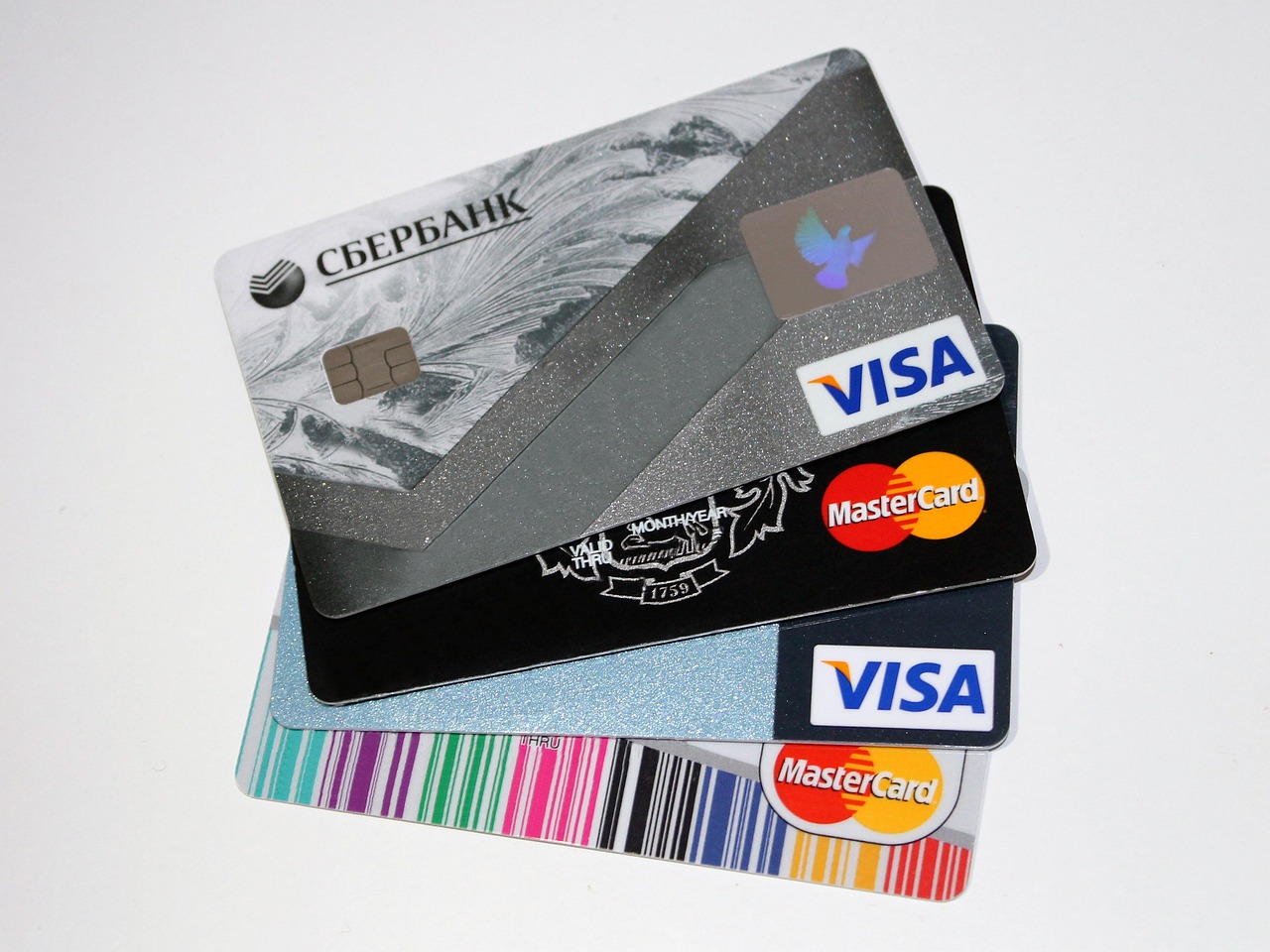Credit cards are powerful financial tools that offer various benefits but also come with potential risks. Understanding these can help you make informed decisions about managing your credit effectively. Here’s a comprehensive look at the advantages and disadvantages of having one or multiple credit cards.
Benefits of Having Credit Cards
- Convenience and Flexibility
- Credit cards provide a convenient way to pay for purchases without carrying cash. They are widely accepted and can be used for online shopping, travel, and emergency expenses.
- Building Credit History
- Responsible use of credit cards can help build a strong credit history. Timely payments and maintaining low balances improve your credit score, which is crucial for obtaining loans, mortgages, and favorable interest rates.
- Reward Programs
- Many credit cards offer reward programs, including cash back, airline miles, and points redeemable for various goods and services. These rewards can provide significant value, especially if you use the card for regular purchases.
- Consumer Protections
- Credit cards offer protections such as fraud liability protection, extended warranties, and dispute resolution services. These can save you money and provide peace of mind.
- Emergency Funds
- Credit cards can serve as a backup in emergencies, providing immediate access to funds when needed.
Risks of Having Credit Cards
- High-Interest Rates
- Credit cards often come with high-interest rates, especially if you carry a balance from month to month. This can lead to significant debt if not managed properly.
- Payment Terms and Timelines
- Credit cards require timely payments. Missing a payment or paying late can result in late fees, increased interest rates, and a negative impact on your credit score. Understanding the billing cycle and due dates is crucial.
- Minimum Payments vs. Clearing the Balance
- Making only the minimum payment on your credit card can lead to a cycle of debt, as most of the payment goes towards interest rather than the principal. Paying the entire balance each month avoids interest charges and keeps your debt under control.
- Overspending
- The convenience of credit cards can lead to overspending. Without careful budgeting, it’s easy to accumulate more debt than you can afford to repay.
Benefits of Having Multiple Credit Cards
- Maximizing Rewards
- Having multiple credit cards can help you maximize rewards by using specific cards for different types of purchases, such as one card for groceries and another for travel.
- Credit Utilization Ratio
- Multiple credit cards can help lower your credit utilization ratio (the amount of credit you’re using compared to your total available credit), which positively impacts your credit score.
- Backup in Emergencies
- If one card is lost, stolen, or frozen due to fraud, having another card ensures you still have access to credit.
- Special Offers and Benefits
- Different cards offer various perks, such as travel insurance, rental car insurance, and purchase protection. By having multiple cards, you can take advantage of these diverse benefits.
Risks of Having Multiple Credit Cards
- Complex Management
- Managing multiple credit cards can be challenging. Keeping track of due dates, payment amounts, and reward programs requires diligent organization to avoid missed payments and fees.
- Increased Debt Risk
- Multiple cards can lead to higher overall spending and debt accumulation. It’s easier to lose track of spending and fall into a debt trap.
- Impact on Credit Score
- Opening several new credit card accounts in a short period can temporarily lower your credit score due to hard inquiries and the impact on the average age of your accounts.
- Annual Fees
- Some credit cards come with annual fees. If you have multiple cards, these fees can add up and negate the benefits of the rewards.
Conclusion
Credit cards offer numerous benefits, such as convenience, rewards, and the ability to build credit. However, they also come with risks, including high-interest rates, the potential for overspending, and the complexity of managing multiple accounts. To maximize the advantages and minimize the risks, it’s essential to use credit cards responsibly by making timely payments, avoiding carrying balances, and staying within your budget. By understanding these factors, you can leverage credit cards as effective financial tools while maintaining financial health.


Leave a Reply